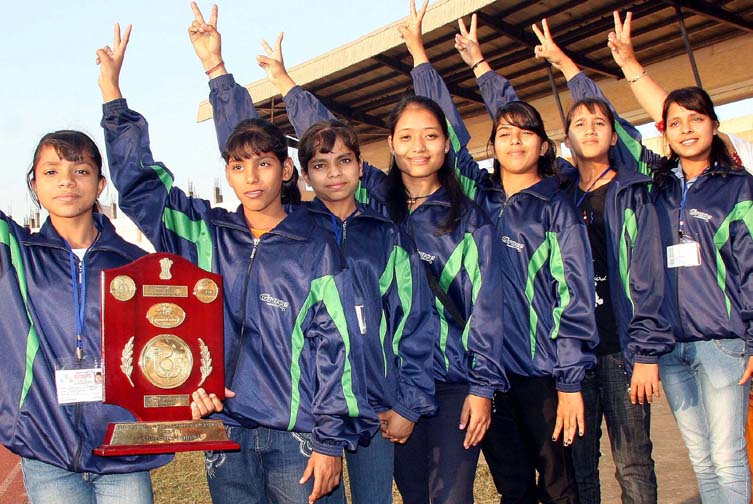
Today sport emerges as an important component of socio-economic development of a country. The active participation in sports improves community health and productivity, reduces medical expenses, imbibes discipline in character and enhances social cohesion. The execution of a mega sporting event helps in developing infrastructure, generating employment, securing inflow of foreign capital and thus contributes significantly to the economic development of a country. Therefore, it can be said that the impact of sports on the society is multi-dimensional.
The government plays a crucial role in promoting sports in a country. The government and governmental organizations constitute the public sector of the sports industry, which is responsible in making sports policies, allocating grants for developing infrastructure, nurturing talents and designing specialized programmes for overall development of sports. The objective of this article is to discuss critically the role of government in promoting sports in India.
The year 1982 was significant in the history of sports in India. In that year, India organized the Asian Games for the first time. Prior to that, not much emphasis had been given to sports in public policies. The following table represents the gradual increase in fund allocation for sports since the sixth Five Year Plan:
| Five Year Plan | Duration | Allocation for Sports (INR million) |
| 6th | 1980-1985 | 270 |
| 7th | 1985-1989 | 2,070 |
| 8th | 1992-1997 | 2,100 |
| 9th | 1997-2002 | 4,730 |
| 10th | 2002-2007 | 11,450 |
| 11th | 2007-2012 | 46,360 |
Despite a significant increase in the fund allocation, it is pertinent to mention that not more than 1% of budgetary allocation has been directed to sports in India.
The Panchyat Yuva Krida Aur Khel Abhiyan (PYKKA) had been introduced to inculcate sports culture at the grass-root level by encouraging the youth of village and district levels to participate in sports. To achieve this objective, Rs. 1500 crore had been approved by the Planning Commission of India in the eleventh Five Year Plan and Rs. 92 crore and Rs. 160 crore had already been allocated for 2008-2009 and 2009-2010 respectively.
Despite these efforts, the performance of Indian athletes at the international level is not very convincing. Therefore, a few steps may be recommended to make these initiatives more comprehensive. First, the allocation of funds, as the percentage of budget, should be increased to broad-base sports in the country. Second, sports should be made as an integral part of the education system to inculcate sports culture from the school level. Third, the effectiveness of the developmental projects should be evaluated periodically. Fourth, uniformity should be maintained in sports specific activities of various states of India to provide equal participation opportunity to its citizens. Finally, a structure of good governance should be incorporated to make the system transparent and accountable.
To revive sports culture, the government should revisit the sporting framework of India. Otherwise, the immense potential of the country in sports can never be realized. It can be expected that the government will play a proactive role in promoting sports in India to establish the country as a sporting nation.
Ankan Banerjee is a faculty member at the Department of Sports Management of Indian Institute of Social Welfare and Business Management (IISWBM) in Kolkata, India. Contact Banerjee at [email protected].
Nice message it is helpful to me super
When a person starts to struggle from his own heart, he is a valuable person
Thankfulness to my father whoo informed me on the topic oof ths blog, thhis webpage is in fact amazing.
They are great to possess throughout the kids and mqke for wonderful company.
The installation kit includes detailed instructions on how
to do this. While the goal with tthe wireless dog fence
is to maintain your dog as part of your yard, it
lets you do not evern attempt to keep other intrjders out. https://fencefast.net/fencing-tips/using-steel-fence-posts-for-wood-fences-saves-money
Excellent
My of sports need to become much more proactive and make a specific program for winning medals in Olympics (Mission Olympics). unfortunately there is NO such program yet in the pipeline. My. of Sports should ask all the National federations to submit their proposals for Mission Olympics to be appoved by My and then only funds will be released
Good article. Given the potential of sports to uplift social morale, develop socially as well as physically fit adults, the government should relook at sports as a key component of its development strategy.
Nicely written.
Saumil
EduSports